My next memory takes place in a white walled room with no windows. A calendar hung on the wall that was opened in June. A bland watercolor of a boat on a dock was pictured above the 30 numbered days below. I was under the impression that I was in Texas. I remember thinking to myself, “where in Texas might a calendar such as this be displayed in a hospital?” and the memory fades.
Next I remember finding myself in a small bed in a large room. A curtain surrounded me, but there were other patients who I could hear grunting and groaning in rhythmic dissonance. I remember being in agonizing pain as the course of drugs that I had been administered for the past week began to wear off.
I was absolutely terrified of the hospital staff and was even unsure about my mother… Was she lying to me? Was she playing tricks on me? Was she really my mother? All I knew was that I was in a room with white walls and people were telling me a story that I couldn’t make sense of. Of course I couldn’t make sense of it… I had brain damage and was coming off of a lot of drugs. I would see a doctor and think that HE had done this to me. I saw the nurses and thought that THEY were the henchmen of this torture cell. THEY had done this to me. They all had!
A male nurse walked by my bed and asked me if I was in pain. “YES! THIS IS CRUEL!” I cried as if I was being tortured. He acknowledged that I was uncomfortable, and he returned with the preparations needed to administer IV pain medication. I made a mental note that after answering yes to the pain question, some sort of medication was administered, and I slipped off into unconsciousness.
I vaguely recall waking to an unfamiliar place with tubes protruding from my body and tethering me to the machines by my bedside. I was coming off of morphine, anesthesia, and steroids! I thought I was being held captive and that the deranged hospital staff was experimenting on me. I was convinced that they must be feeding me all sorts of strange psychoactive hallucinogens to test my behavior. I HAD to untether myself from these machines.
I remember grabbing ahold of the tube protruding from my nose (NG tube). I pulled it out easily.
I then fumbled with an inflated blue cuff that was velcroed around my bicep until I heard the slow rip of the Velcro teeth, revealing a dressing where IV lines broke my skin.
After ripping these IVs out, I attempted to will my left hand to gather the tubes that stemmed from my other arm and realized that my left arm and hand was uncoordinated and completely flexed inward as if I was trying to touch the inside of my left forearm with my left fingers. I tried to move my hand and nothing happened.
My body did not have the strength to move into a sitting position.
Using my right hand, I positioned my inwardly flexed left directly above the patch on my right arm and I let go. My left hand fell onto the patch, tangling itself with the protruding tubes, and I was able to create enough leverage to dislodge them.
Now the only tube left that tied me to my bedside was my catheter. clenching the tube that was used to collect my urine, I was convinced that my survival depended on escaping. THEY were making ME do this. My heart raced. I took a deep breath, embraced for the pain, and I applied a bit of outward pressure. I knew it would hurt, but, as the tube moved, the pain surpassed my expectations. The memory ends abruptly.
A foley catheter is held in by an inflated plastic balloon inside the bladder.To remove it properly, the balloon is deflated, but my urgent panic meant that I pulled the size of a large marble through my urethra.
While I have a vivid memory of removing my catheter, because I did not and do not have any injuries from it, I thought that it must have been a dream until I found medical reports that confirmed this event.
_____________
To understand the mental state of their loved one, it has been very valuable for my clients to hear about my experience in the hospital. Other survivors can relate to this memory loss and panic. It is like our memory had not caught up to our consciousness. And sometimes never does.
Clients often ask what they can do to make this transition in consciousness more comfortable. We first want to recognize that the uncomfortable panic is the result of a heightened nervous system that is in fight or flight mode.
Calming the nervous system is the name of the game. While there are pharmaceutical interventions to inhibit our sympathetic, or fight or flight, nervous system, these interventions don’t actually help the person to feel safe. And our nervous system can only truly calm down when it feels safe.
So the question is actually this: what can we do to influence a person’s feeling of safety in a vulnerable space?
We humans feel safe when we feel accepted and encouraged…
when we are asked questions from a place of genuine curiosity…
when our answers are accepted…
when we know that we are supported…
and… when things feel familiar and understood by us.
With memory problems, people are unable to find familiarity and recognition. During this time, other aspects to help someone feel safe become so important. Because their memory of trust is not intact, we must establish trust through acceptance and encouragement.
They say that laughter is the best medicine. This is actually true for our nervous system. We especially feel safe when we can laugh and we can only laugh when we feel safe.
Dependence is the opposite of personal empowerment, and after waking from a coma, I certainly felt dependent. While pain medications are sometimes necessary, dependence on those medications is not empowerment.
Empowerment comes from self actionable tools and from knowing that you are in control. Coupled with safe and effective interventions to improve your function, we are not only able to feel empowered, but also to feel safe. This is how I work with clients to aid their recovery: by showing them how to empower themselves and then allowing and encouraging them to do so.
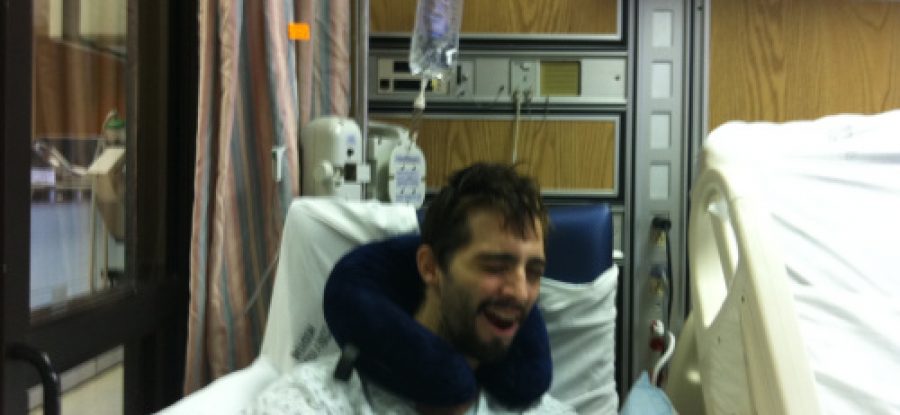
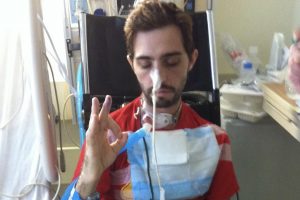
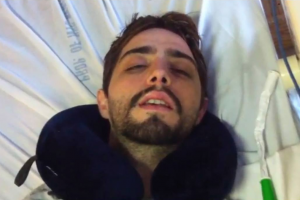
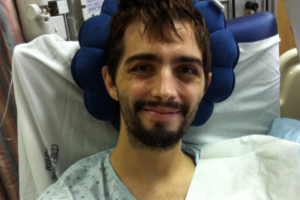

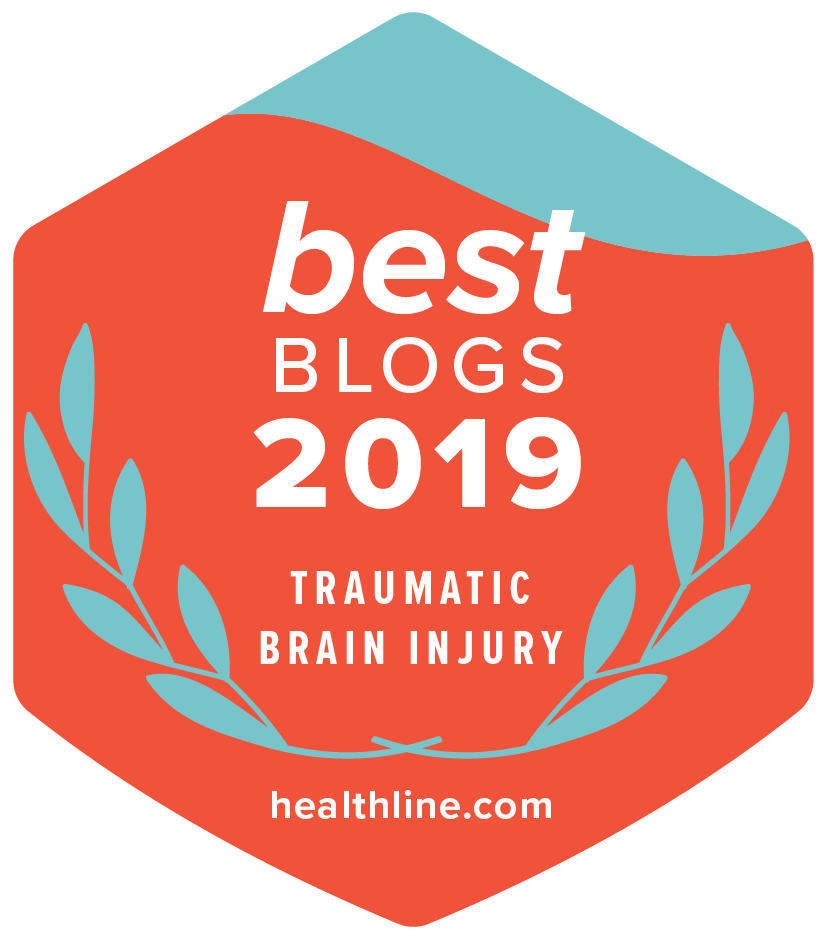
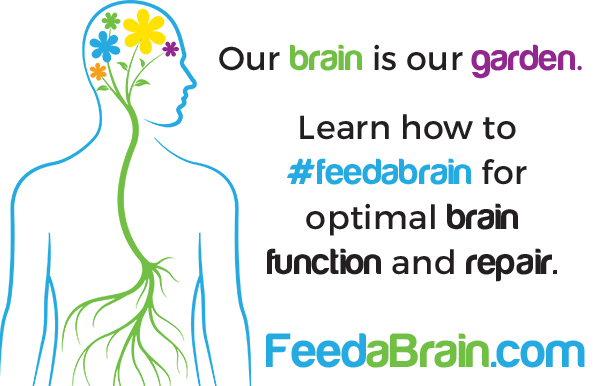
Leave a Reply
Your email is safe with us.